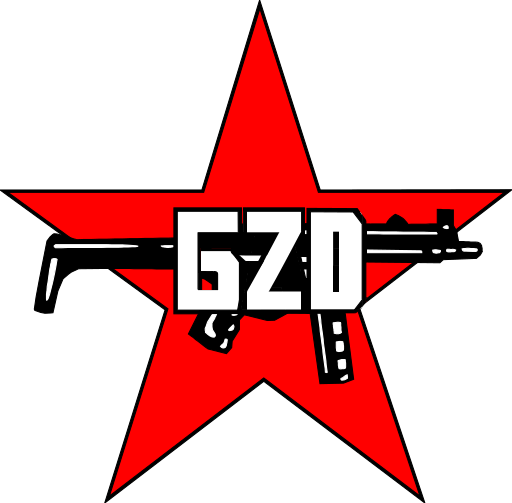Spicy question maybe, but I’m interested in your takes.
Personally, I think there’s some major issues with at least the terminology of the 2 phase model of lower/higher stage communism or socialism/communism as the terms are used in classical theory. Specifically the ‘lower stage’ or ‘socialism’ term is problematic.
In the age of revision and after the success of counterrevolution it has become clear that there is in fact a transitional phase leading up to the classical transitional phase. Societies did not jump from developed capitalism to socialism immediately and even the states that arguably did were forced to roll back some of the core tenets of ‘socialism’ as it is described in Marx, Engels and Lenin. Namely no private ownership of the means of production and no exploitation of man by man.
To ultras this just means countries following this path aren’t socialist. So then China isn’t, Cuba isn’t, no country still is really and those of us claiming they are then have to be revisionists. And to be fair, if you’re dogmatic you can make that point going from the source material. China itself recognizes this inconsistency, thus not seeing itself at the stage of socialism. Yet it’s a socialist state. But then what do we actually mean by ‘socialism’ when we use the term like this? Just a dictatorship of the proletariat? Any country in the process of building socialism?
That question comes up all the time and confuses the fuck out of people, because the term is either not applied consistently or as it’s defined is lacking. I think discourse in the communist movement and about AES would profit immensely if we had a more consistent definition or usage of the term or a better defined concept of what that transition to socialism is and how we should call it.

For me personally, and I don’t know if it is ML per se, it would be the focus on (physical) workers and a lack of focus on office workers. My own party does this as well.
I get where it comes from, but to act as if a lot of people working whatever kind of job in an office are somehow less beneficial to our cause is a bit weird. I always think we are missing out on a lot of potential members.
I agree, I do think it is outdated there but I think it goes further than that and that it is a wedge to specifically dismantle class conflict. The idea that office workers are not proletariat is heavily ingrained and I believe a lot of this is on purpose to prevent any solidarity between manual labor and office workers.
So, here’s the problem, I think. Labor union organizing never included middle management because middle management were, in effect, already class traitors. They executed the speed ups, they executed the union busting, etc. But that was long ago. Middle management has gotten HUGE since that time.
But you know what else happened during that time? The labor union movement got co-opted by the CIA with the advent of Business Unionism. Business unionism was the movement to win only mild economic victories, completely oppose revolutionary movements, and ultimately collaborate with the bourgeoisie.
How in the hell are you going to organize middle management, which has a pedigree of class traitorism, when you can’t even organize the workers who are the most oppressed by management structures?
Essentially, I think the problem is that Marxism has not found a way to actually organize the labor aristocracy, whether they are office workers OR physical laborers. That’s why the BPP created a theory of revolutionary potential in the lumpen. It’s why decolonization became a thing. There’s no workable theory at present that points towards the activating whatever revolutionary potential exists in office workers.